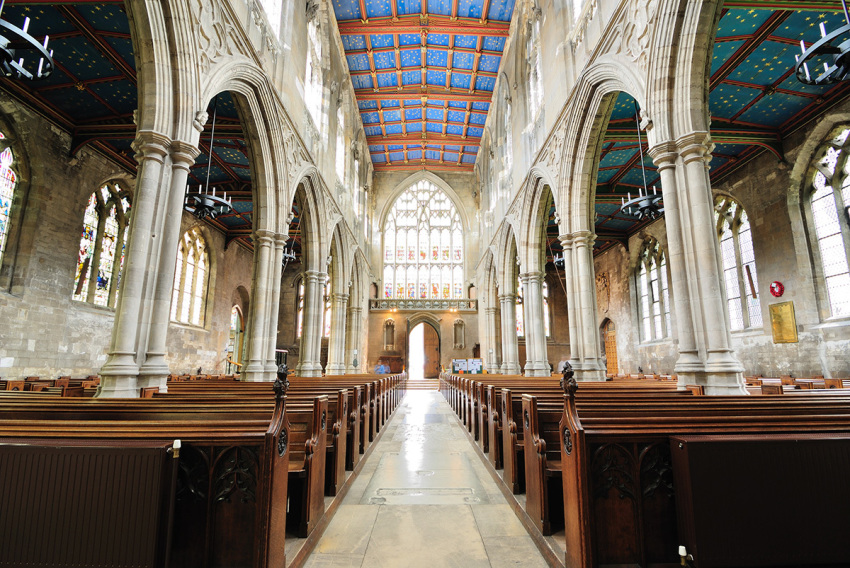Evangelicals in Church of England warn bishops not to commend blessings for same-sex couples

Evangelicals in the Church of England are urging bishops not to commend blessings for same-sex couples.
They argue that it would be "unlawful, unconstitutional, and illegitimate" for the bishops to commend the blessings — called Prayers of Love and Faith, Church Times reports.
In a joint letter to the College of Bishops, they contend that responsibility for this should instead fall to the Synod under Canon B2, which requires a two-thirds majority to be reached in each of the Synod's three Houses.
The letter has been signed by 27 Evangelicals, including former vicar of HTB, Nicky Gumbel, and the leaders of the Prayer Book Society, New Wine, Forward in Faith, and the Catholic Group and Evangelical Group on the General Synod.
At its last meeting in February, Synod backed the Prayers of Love and Faith. Bishops have since been working to refine the prayers and draft new pastoral guidance for priests.
An update on the progress made so far will be delivered to the July meeting of Synod, taking place in York this weekend.
A paper released ahead of Synod states, "The House and College have considered the range of routes presented by the Group including Canon B5 commendation of the Prayers, B4 approval by the Convocations, Archbishops or Ordinary and B2 approval by General Synod.
"They are particularly weighing up the option of approval by the Archbishops (under Canon B4.2), as an approach that may provide more legal protection for those ministers who choose to use the Prayers.
"No final decision has been made by the House as to the route by which the prayers will be made available for use."
In their letter to bishops, the Evangelical leaders say that their "proposition of a better way forwards is still honoring the spirit of the vote at February's General Synod."
"It is not about rowing back from what was voted on," they said.
They assert that Canon B2 is the best route forward.
"Whether the prayers constitute a change in doctrine or a change in teaching (a distinction we are not yet convinced of), it is necessary to secure the agreement of Synod through the normal route for liturgical developments. This is Canon B2," the letter continues.
"Furthermore, it would be illegitimate and unconstitutional to do otherwise. To seek commendation under Canon B5 would be bypassing the Synod through placing the decision-making of a controversial and significant matter at a local level.
"To seek authorization under Canon B4.2 would be to bypass Synod through centralizing power in the hands of Archbishops Justin [Welby] and Stephen [Cottrell].
"After the emphasis on involving the views of many diverse voices in the LLF [Living in Love and Faith] process, it would be a matter of justified concern for any 'decision' to be undertaken in such an unconstitutional manner so as to involve just two people through Canon B4.2."
Originally published at Christian Today



























